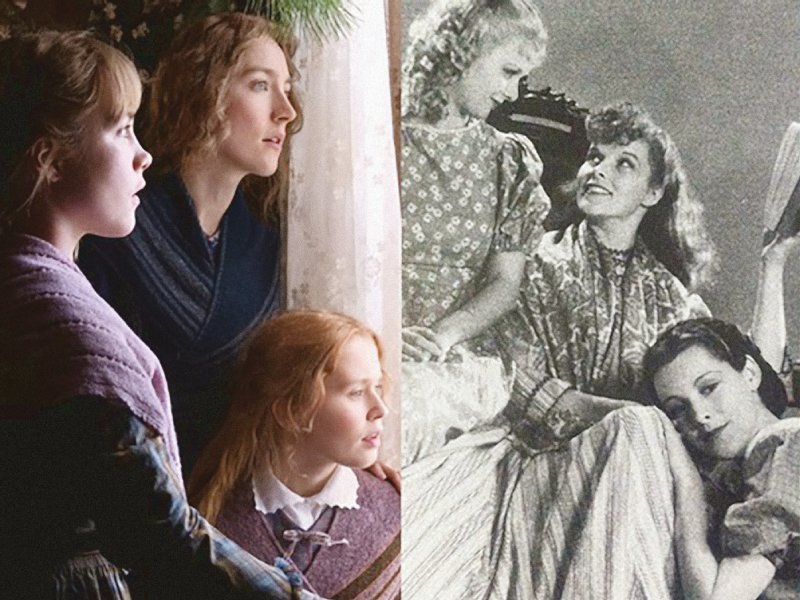In recent years, we have witnessed a remarkable resurgence of classic literature through modern adaptations in film and theater. Works that have stood the test of time, such as "Pride and Prejudice" and "Little Women," have found new audiences, transforming their relevance in the contemporary context.
The key to this phenomenon lies in the universal themes they address. Love, the struggle against oppression, and the search for identity are issues that resonate deeply in today's society. Adaptations not only revive these stories but reimagine them, incorporating feminist perspectives and more diverse representations that reflect the concerns of our time. For example, the recent adaptation of "Wuthering Heights" has allowed the complexity of its characters to be explored from a more inclusive perspective, attracting both new viewers and lovers of classic literature.
The impact of these adaptations is not limited to film; theater has also experienced a boom in the reinterpretation of classics. Innovative productions have brought works by Shakespeare and Dickens to contemporary stages, utilizing modern visual and narrative elements that capture the attention of younger audiences. This approach not only revitalizes the work but also fosters renewed interest in the original versions, leading many to rediscover the literature that has shaped culture.
Recent examples of adaptations include F. Scott Fitzgerald's "The Great Gatsby," George Orwell's "1984," and Victor Hugo's "Les Misérables." Other works that have seen revival include Isabel Allende's "The House of the Spirits," Mary Shelley's "Frankenstein," and Leo Tolstoy's "Anna Karenina," among many others. These works, with their timeless stories, continue to capture the imagination of modern audiences.
The opinions of literary critics and filmmakers underscore the importance of this trend. Many argue that these adaptations are essential to keeping classic literature relevant. Furthermore, interviews with directors and actors reveal a conscious effort to connect these stories to contemporary experience, showing that the struggles of the past can offer valuable lessons for the present.
The revival of classic literature through modern adaptations not only preserves these stories, but transforms them, ensuring they continue to resonate in popular culture. By exploring these works, audiences not only relive the past but also reflect on their own place in the world, inviting an ongoing conversation about the relevance of literature in our daily lives.
Oscar Arenas
Editor
Latinos239




